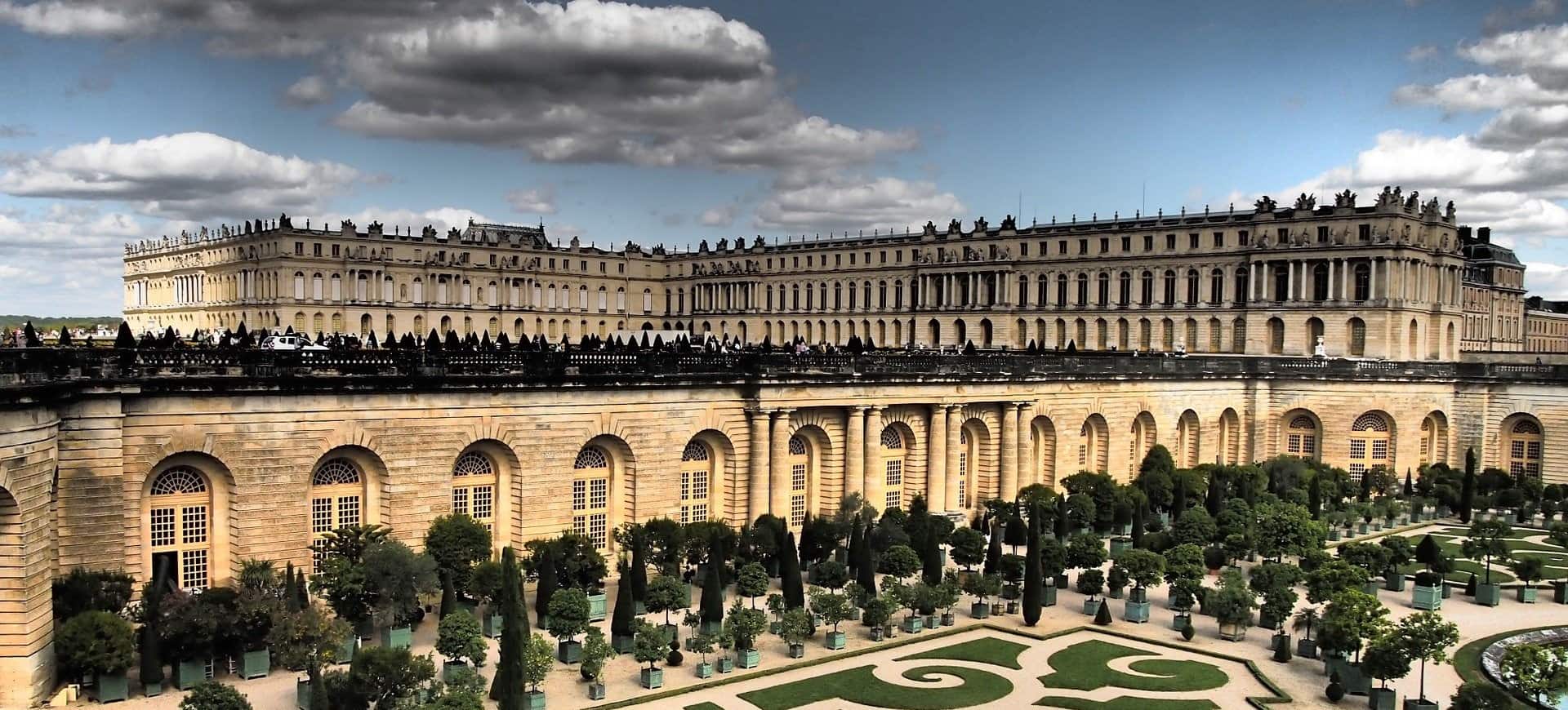Vibration monitoring of Versailles Castle | France
Project summary
Images of the project
Construction of galleries
For several years, the Palace of Versailles has been restored and developed by the EMOC, contractor for the cultural works, under the authority of the culture and communication ministry.
With 7.5 million visitors each year, the „Château de Versailles” is one of the most visited attractions in France. It has been classified as a World Heritage Site for more than thirty years now and must regularly be modernised to ensure a good quality of reception and safety for tourists, conforming with the standards governing public buildings. This regularly requires the installation of numerous utilities and technical facilities, which is always a sensitive matter for Historical Monuments.
In 2006, the Company Lefevre Rénovation is in charge of building two technical galleries under the monument. Sixense was then chosen to monitor the vibrations of the Palace during these works.
Tri-axial sensors in the royal court
The vibrations were measured in real time in accordance with the circular dated July 23, 1986 concerning “mechanical vibrations emitted in the environment by scheduled establishments”, with tri-axial sensors installed in the royal court and in the palace.
Data was transmitted by radio and displayed in real time in the site offices located near the Palace. Automatic alarms were activated if the limits preset according to the different frequency bands provided in the circular were exceeded.
The displays allowed the engineers to evaluate the effects of the activities on the frame and to consult the vibratory activity historical record.
Lefevre Rénovation and Sixense’s engineers were provided with a secure internet access allowing the remote display of the results.
Constantly attentive to the vibratory activity on the site, the system allowed protection to this exceptional heritage structure during these works.
